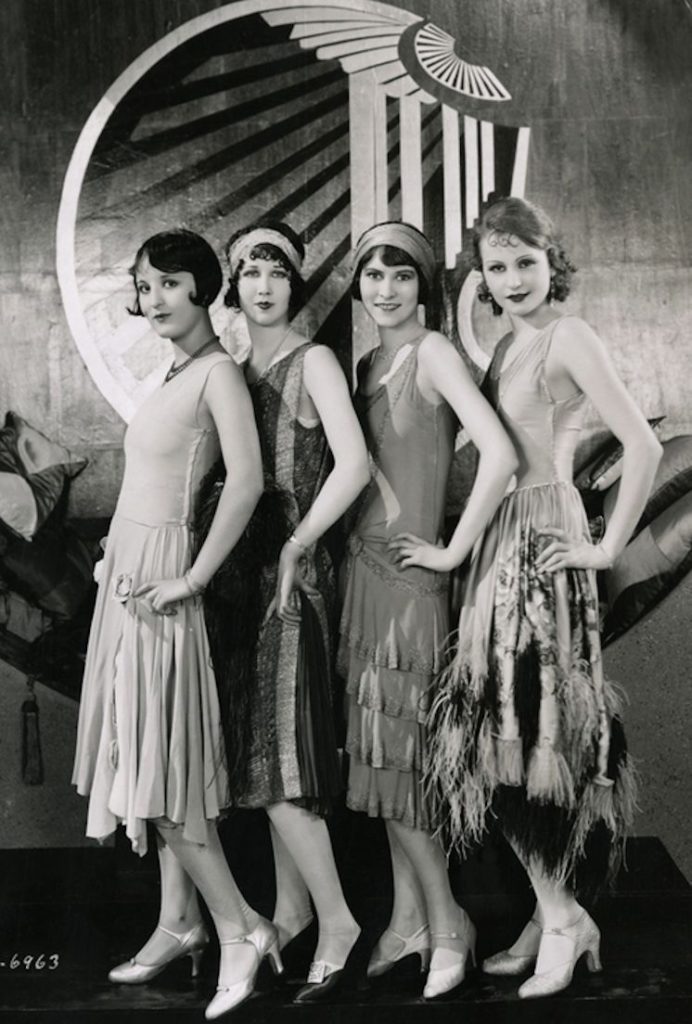
If local newspapers are any indication of public interest, it seems that 1919 was finished with World War I and ready to tackle a new decade. The Paris Peace Treaty, for all of President Woodrow Wilson’s efforts, was more about Europe and the Middle East and less interesting to Americans. It was an age of new adventures, new ideas, new behaviors, and of course, new laws.
Over the years I have researched in depth various eras of American history beginning with the Republic of Texas through Civil War and Reconstruction and World War I. My latest research involves the years 1919-1935, the Roaring Twenties, Prohibition, THE Crash, Repeal of Prohibition, and the Great Depression. To begin research I gather as many books, articles, letters and oral histories as I can locate. Thank goodness for Internet Archives of books and newspapers, plus government and university collections. Put it all together and you’ve cooked up lots of factual data for a good book and a wonderful paper for professional presentation at historical symposiums and conferences.
As I finish my book about the earliest part of Greenville history, I am preparing for a real challenge. I can hardly wait to get started. Since today is the First Day of Spring, the roses and tomatoes are planted, it’s time to tackle an era that never really caught my attention until recently. And you know what? That time period was a startling era of “Anything Goes.” It was hilarious, frightening, sad, and full of changes from women’s clothing to moral issues.
Daniel Okrent wrote Last Call: The Rise and Fall of Prohibition, a very well written history of prohibition and the enforcement of the Eighteenth Amendment. Okrent minces no words about that time period, but he focused on only one aspect of the Roaring Twenties. There was so much more to learn and assimilate. Here is where young Frederic Lewis Allen came in. A journalist with a historian’s mind, Allen gave an overview of the time. His book Only Yesterday: An Informal History of the 1920s is an easy read covering the Red Scare, a Revolution in Manners and Morals, Prosperity with President Coolidge after scandals of President Harding, the Big Bull Market and Crash, as well Alcohol and Al Capone.
Not all changes affected all Americans, especially those who lived in rural areas. North Texas avoided the prohibition issues, but Dallas and Fort Worth were among the many cities in the U. S. involved. Women in this area raised their hemlines but not to the knee. Everyone was influenced by the Bull Market and following Depression.
Normally this column features local history. But Social History as seen in both books involves the social, economic, and cultural institutions of a people. There are many stories and tales about social life around here, about the fluctuating economy and its effect on poor farmers and manual laborers, and the cultural institutions such as theater, churches, tea rooms and cafes as well as self-taught musicians like Ruby Allmond. In the next few months we will examine Life in North Texas during the Roaring ‘20s.
